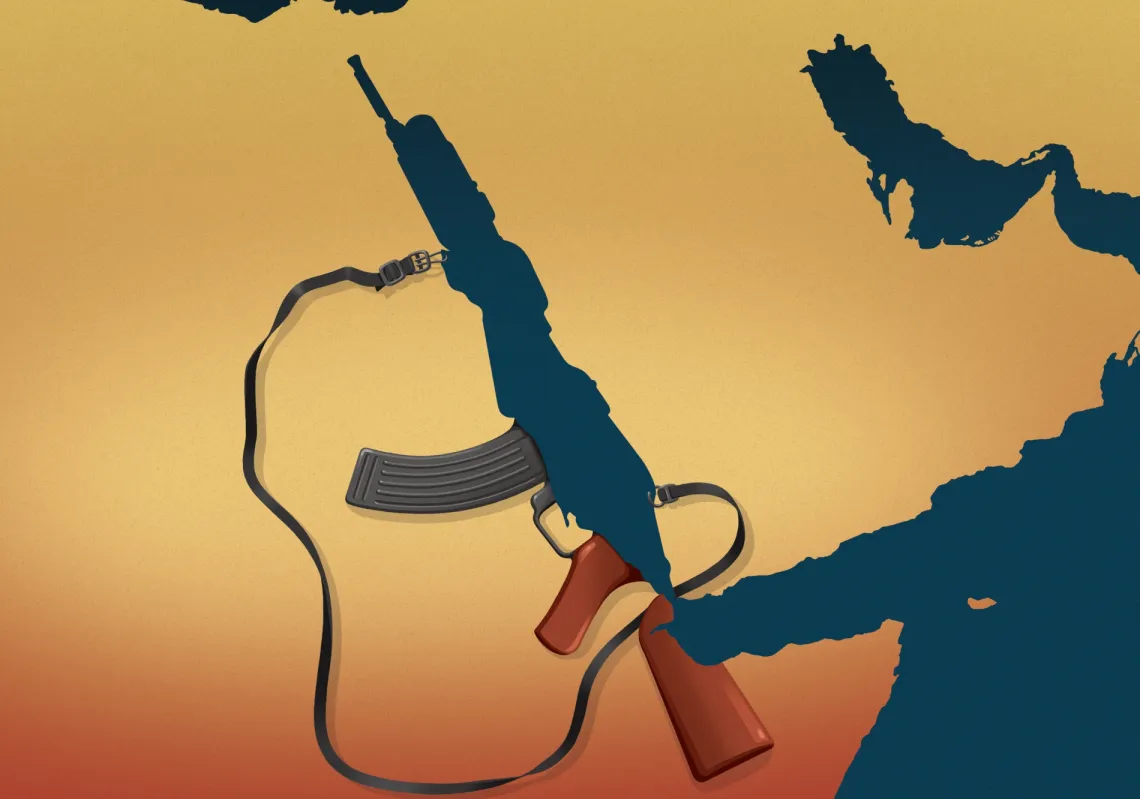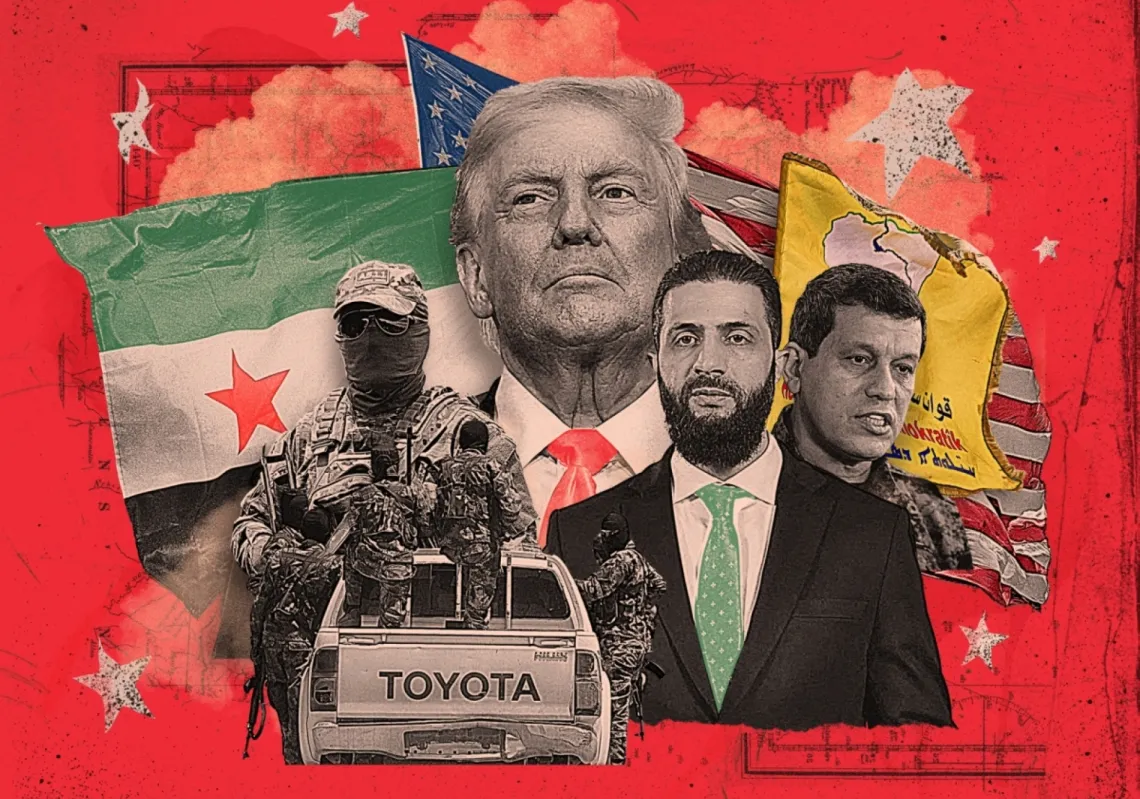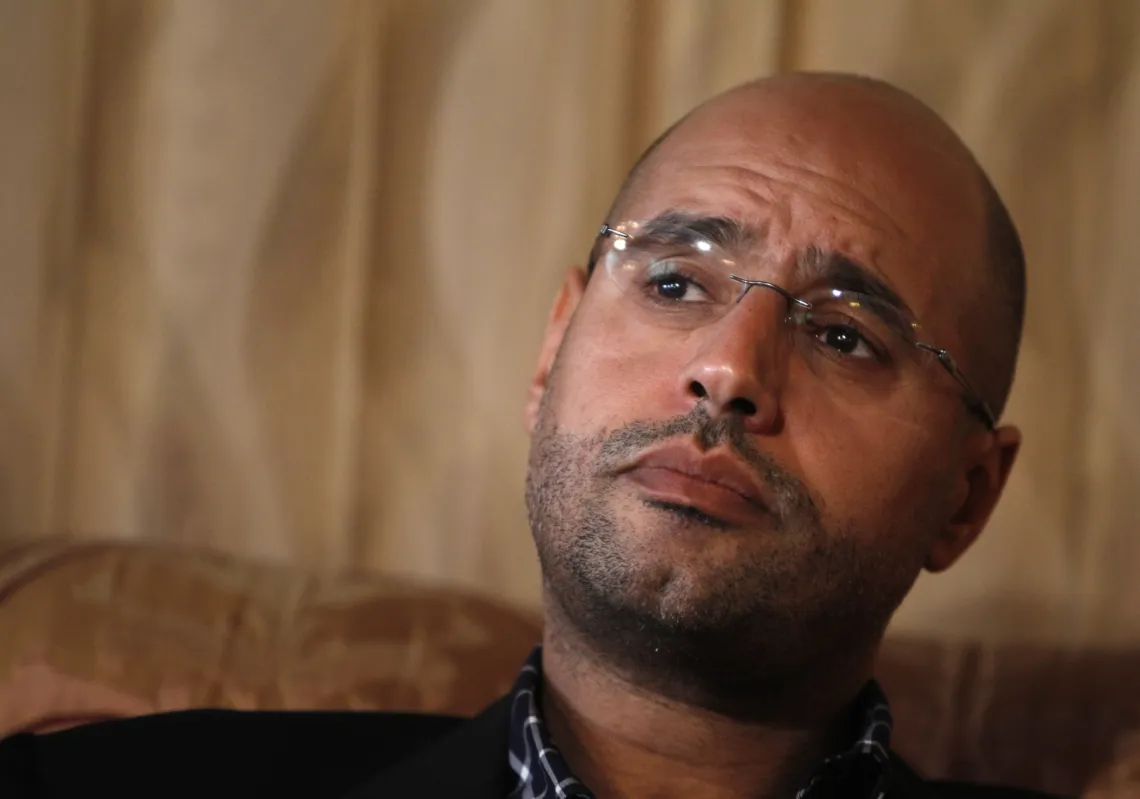In times of crisis, people seek comfort in religion, be it through established faiths, pagan ritual, or modern mysticism. The deeper the crisis, the greater the need for spiritual salve and for learned healers to administer it.
The global economic meltdown is no different. It has produced a flock of gurus, ranging from small-time shills to the secular equivalent of mega-church evangelicals. They dispense their forecasts and investment advice on the airwaves and in the opinion pages of financial journals and, like professional wrestlers, they have their own distinct personas. There are grim reapers like the economist Nouriel Roubini who predicted the crisis in the first place, and there are scolds such as Simon Johnson, a professor at the MIT Sloan School of Management, who speaks truth to the greedy American banks that helped to create the crisis. Then there are wonks like Martin Wolf of the Financial Times whose arcane columns about macroeconomic trends are required reading for anyone capable of deciphering them.
These are thoughtful commentators of great integrity, and in the temples of finance they rate some stations below the High Priest, Mohamed El-Erian. If Roubini has achieved pop-culture celebrity for his prescience, El-Erian commands the respect of a more exclusive, if far more influential constituency. As the chief executive and co-chief investment officer at Pacific Investment Management Co., or Pimco, the world’s largest bond investor with some $850 billion in assets under management, El-Erian with a single utterance can move markets as decisively as any central banker and he works closely with the regulatory overlords in Washington. As a former deputy director at the International Monetary Fund, he has negotiated closely with global leaders on everything from currency reform to sovereign debt issues. He is a frequent commentator on CNBC, the financial news network, where he has established himself as a pioneer of the “de-coupling” theory of global growth and as a prophet of the “New Normal” of next-generation finance. “We are looking at a bumpy ride,” he cautioned in a recent interview. “The next several years will test the two public goods the US offers the world – the reserve currency and the depth and predictability of US financial markets.”
Until things smooth out, El-Erian promotes sober-minded investments like mortgage bonds, Pimco’s lucrative stock in trade. Four years ago, company managing director Bill Gross began warning about a looming subprime mortgage crisis and he structured his portfolios accordingly. As a result, Pimco’s Total Returns Fund for individual investors was one of the few bond funds to actually post a profit in 2008. Debt and commodities will remain the investment vehicle of choice so long as the outlook of the global economy is uncertain, and that makes men like Gross and El-Erian the fountainheads of recovery. When the international financial system seized up a year ago with the collapse of Lehman Brothers, the US Treasury Department unveiled a plan for a public-private bailout that was modeled largely on a blueprint drawn up by El-Erian that spring. It is known as the Troubled Asset Relief Plan, and Treasury Secretary Timothy Geithner continues to consult closely with senior Pimco executives.
Pimco founder Gross is known for his myriad eccentricities. If Roubani is Wall Street’s Dr. Doom, Gross is its court jester for the barbed commentary of his investor newsletter, ambitious stamp collection and penchant for wearing his necktie un-notched over his shoulders like a prayer shawl. In contrast, El-Erian is subdued and soft-spoken, whether he is conversing in English or his fluent Arabic or French. The son of an Egyptian diplomat, El-Erian is a well-known internationalist and a fixed coordinate on the World Economic Forum circuit. He is also something of a Calvinist, emphatic as he is about the need for investors to adjust to the new, harsher reality of the post-crash global economy. In When Markets Collide, published last year, he argued that the heady confluence of high growth and low inflation of 2003-2007 was an aberration that is unlikely to return. Instead, investors must prepare for a sluggish US economy – 2 percent annual growth or less, he projects – and a sustained unemployment rate of 6 percent or so for at least the next several years. Financial markets will become less casinos than automats in which investors purchase familiar instruments that offer predictable yields and embrace investment strategies that reflect the shifting balance from the market’s “invisible hand” to the “fist” of heavy government regulation.
“The US financial sector is being de-risked and turned into a utility,” El-Erian says. “We are now looking at a different destination for the global economy.” In the May/June edition of Foreign Policy magazine, El-Erian wrote that investors in the future “will be driven by a ‘never again’ mind-set, recognizing that in a democracy, a system that privatizes losses cannot (and should not) be tolerated.” Much of Wall Street’s over-geared investors, starting with hedge funds, will disappear. As growth slows, we will have less of everything. According to El-Erian, “less is the new more,”
Washington’s huge debt burden, worrisome even before the advent of massive spending plans and bailout packages, threatens to subvert the US as the world’s primary growth center, says El-Erian. There is a bright spot, however. As developing countries like China, Saudi Arabia, South Korea and India evolve from manufacturing-led economies to consuming ones, the global imbalances between creditor and debtor nations may even out. What’s more, the fusion of economic blocs in the developing world will create alternative sources of growth that will fuel demand even as the developed world sputters. It is a trend El-Erian identified long before it became known as “de-coupling,” a theory vindicated by the reality of China’s robust growth and its economic convergence with the economies of the Middle East and Africa.
The future as composed by El-Erian is forbidding, at least in the short term, but it is not without the prospect of redemption. At the very least, his conviction that the financial world a generation from now will be very different than it is today implies that the lessons of this cruelest of recent recessions will have been learned. And that makes him the most hopeful oracle of all.







